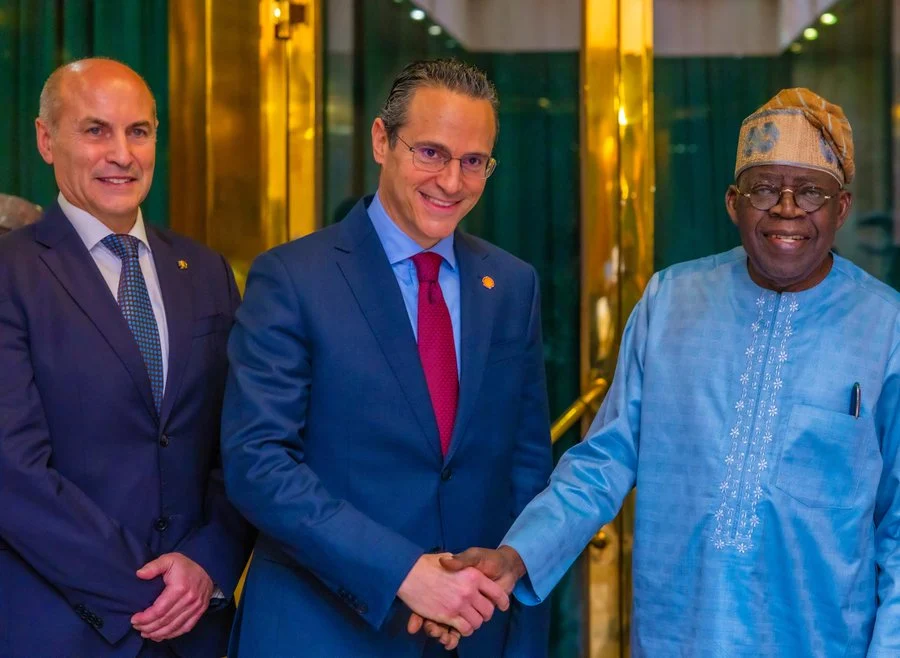The head of the International Monetary Fund, Kristalina Georgieva, has cautioned that the global economy is poised to slow down due to escalating trade tensions, particularly those stemming from United States-led protectionist measures.
However, she emphasized that a global recession is not anticipated.
Speaking on Thursday ahead of next week’s IMF Spring Meetings in Washington, Georgieva warned that rising protectionism—driven in part by U.S. President Donald Trump’s tariff-focused diplomacy—could fuel costly uncertainty, dampen economic activity, and hinder productivity growth.
“Trade goes on, but disruptions incur costs,” she said in the text of a speech in the U.S. capital. “Our new growth projections will include notable markdowns, but not recession” while some countries will also see faster inflation.
The IMF is set to release updated forecasts in its World Economic Outlook on Tuesday.
Finance ministers and central bankers are convening in Washington — where the meetings are jointly hosted with the World Bank — to evaluate a global economy unsettled by former President Trump’s push to reshape trade relations and isolate key rival China.
A downgrade in the IMF’s 2025 growth forecast would follow a string of recent outlook cuts, including a World Trade Organization report released Wednesday that predicts a contraction in global merchandise trade this year, largely driven by U.S. trade actions.
The threat to growth from Washington’s trade policies marks a stark reversal from the IMF’s earlier outlook this year, when it raised its global GDP forecast for 2025 to 3.3%—just ahead of Trump’s inauguration—buoyed by stronger-than-expected U.S. economic performance.
In her speech, Georgieva stated that trade tensions are now “boiling over,” driven largely by a breakdown of trust—both between nations and in the broader benefits of globalization.
“Global economic integration has lifted vast numbers of people out of poverty and made the world as a whole better off. But not everyone benefited,” she said, flagging off-shoring jobs to lower-wage areas and inflation fueled by supply-chain disruptions. “Many blame the international economic system for the perceived unfairness in their lives.”
Now about seven months into her second five-year term, the IMF chief urged countries to seize this moment to implement policies that foster a “better balanced, more resilient” global economy.
Georgieva emphasized that China must increase private consumption, while Europe should further integrate, especially its capital markets, and follow Germany’s example by boosting spending on defense and infrastructure.
For the U.S., she highlighted the “core macroeconomic policy challenge” of reducing government debt.










